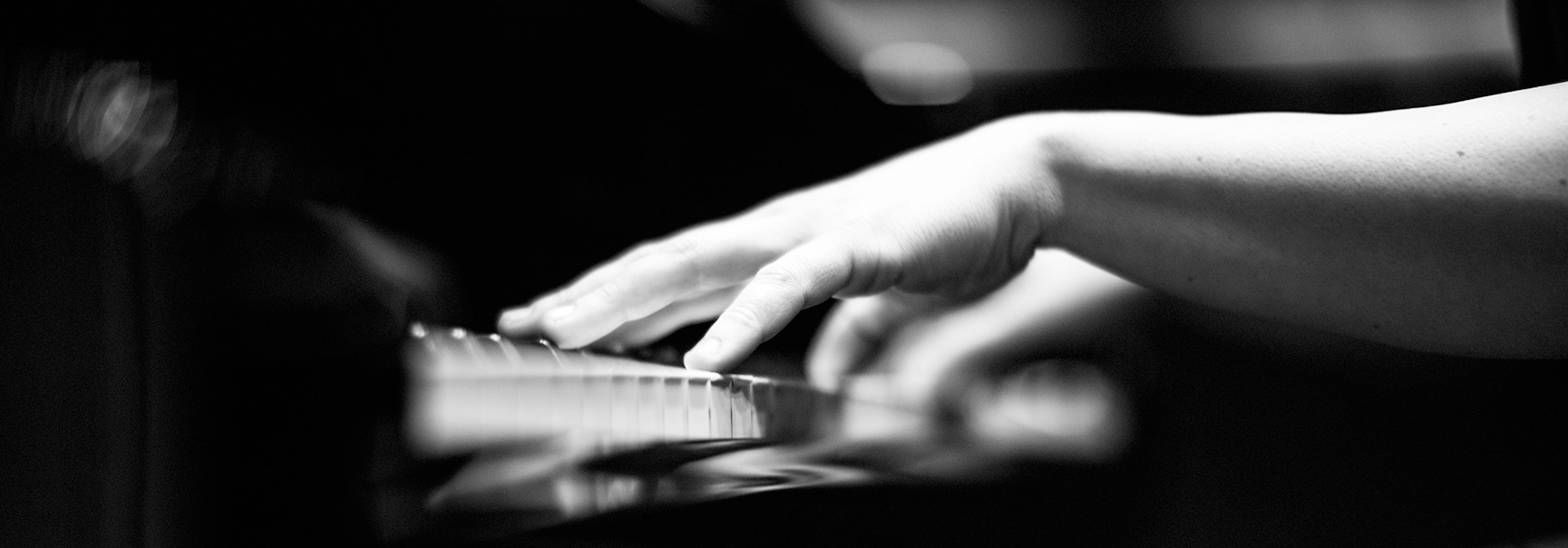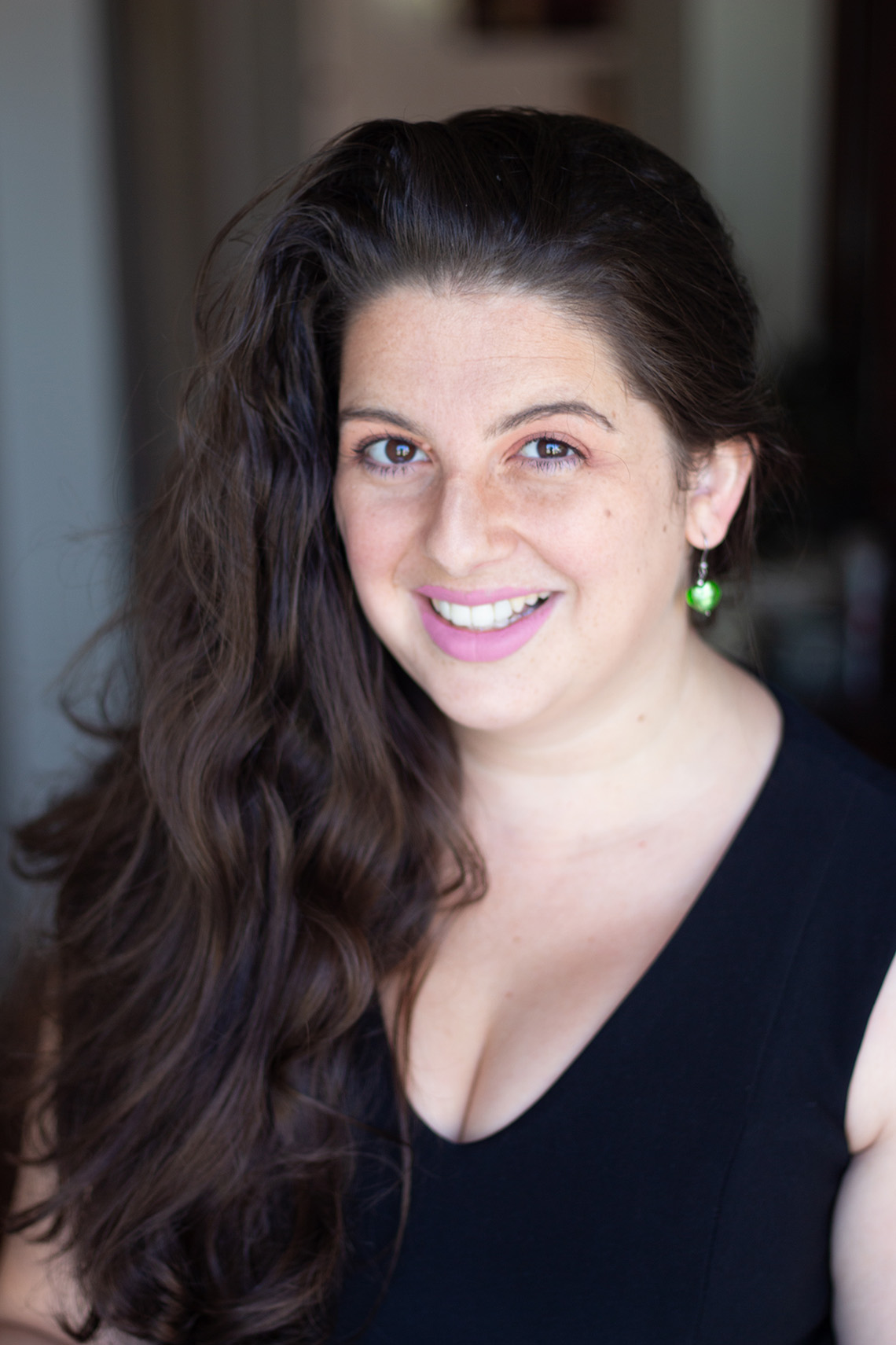It’s that time of year again. Music teachers all over the world are frantically putting together recital lists, sending letters to parents telling them to pass on the concert details to the family, students are “um’ing” and “ah’ing” over which piece they want to perform and on top of all of that; slowly it begins to set in: we haven’t done an end of year recital in three years.
Having worked in education right through the two-year lockdown in Victoria, I can confidently say that the spike in anxiety, depression and a host of other mental challenges in young people was incredibly high. Students suddenly became so aware of their musical abilities (read: flaws). Pre-recording performances to share in the next Zoom class (because the constantly upgrading audio options combined with dodgy internet connections did not allow for “smooth streaming”)were just as terrifying as a cage-dive with sharks. I heard a lot of; “Miss, I hate watching myself, can I turn off my camera?”, “Miss, I couldn’t record mine, my brother/sister/parent/poodle hates the noise!”, and the common “Miss I just don’t want to perform.”

By the time students were able to return to class, the vibe was notably different. Any time a performance assessment day arrived, there was a combination of nerves, tears, panic attacks and breakdowns. The idea of performing in front of anyone – after having performed in front of a computer screen for two years – was now so terrifying, that many students lost their ability to enter any sort of performance head space.
So now that you’re preparing your 2022 end of year recital, what can you do to ensure that your students have an enjoyable performance experience?
Keep it positive
Sharing music should be a positive experience. It is exciting to be able to share music with an audience, aiming to create the same feelings within them as we did the first time we heard the piece. Performing shouldn’t be stressful, or something to be afraid of. Rather, it should be something we are excited to do because it is our opportunity to show the audience how fantastic this piece is.
Explaining the art of performance from this vantage point, is a positive way to present the topic. Avoid reminding students that “people will be watching you, so if you don’t practise enough, they will all see you fail.” Instead, drive students to practise with the excitement of how thrilling it will be to share this piece to those who have never heard it before. Doing this, takes the focus off the performer, and places it onto the piece. The audience want to hear the piece, we are merely facilitators of that. It’s not about us, it’s about the music.
Talk to the parents
You only see the students for half an hour or so each week. Your students talk to the parents a whole lot more than that, so parents need to be aware of how to create a healthy and safe musical space. For instance, when students are practising at home:
- Avoid complaining about noise. If it’s important that you have certain ‘music free’ times in the house, make sure that your child is also aware of when they can make as much music as they want.
- Always provide positive re-enforcement. If a student it making mistakes in practise, they will know, they don’t need attention drawn to it. Rather, compliment their progress and commitment (it’s a great thing that they’re practising in the first place!)
- After each lesson, ask what they covered in the lesson. Young people generally love when adults show a genuine interest in their activities.
As the performance approaches:
- Organise family and friends to lock the date into their diaries. The more the merrier. The bigger the cheer at the end of the performance, the more elated the student will feel.
- Tell the student that you’re proud of their hard work and talents not only on the day, but leading up to it.
- On the day, tell them it is totally normal to feel nervous. Nerves give us adrenaline. Then try to pull their focus to the music that they should be excited to share. If they are worried about making mistakes, tell them it’s okay to make mistakes, but at the same time, they have managed to play it perfectly many times before, so there’s no reason to be afraid that they can’t do it again.
Once the performance is done:
- Congratulate them on how hard they have worked, how difficult it must be to play piano/memorise music like they just did, how they pushed through their nerves/mistakes and kept going. All of this is much better than “well done”. Acknowledge the process, not just the result.
Talk about performance anxiety
First of all: performance anxiety is NORMAL. How hard it hits a person can vary greatly, but it’s it’s important to reminds students that is normal and there is nothing wrong with them. Particularly for young people to whom performance anxiety is new, it can be a terrifying feeling. There’s no ‘fix-all’ solution, but there are a range of methods that work for different people. Some of the most common are:
- Drink lots of water – stay hydrated
- Avoid caffeine and sugar the day of the performance – we want to keep that pulse rate down.
- The power of positive self-talk – focus on how hard you’ve worked, how confident you should feel, how excited you are for the sharing of music and how much support you have from those around you.
- “In through the nose, out through the mouth.” One of the first things to go when we get anxious, is our breath. Slow, regulated breathing can help regulate that fluttering heart rate.

On the day of the concert, you never know what will happen. I recall once having a student get up on stage and stand frozen. I leapt to my feet and offered to play with them. They agreed. After playing perhaps two bars, I took my hands away from the piano and let them play solo for the remainder of the piece. Sometimes it’s those little assists that will make a world of difference. Really, all you want for your student is for them to have a positive experience. Don’t make it about you, or the image of your school/studio. Focus on providing the most supportive, positive and comfortable environment you can, and be proud of every achievement your students make – no matter how big or small.
Chookas

Stacey-Louise Camilleri is a Greenroom Award nominated actress who is a seasoned musical theatre and cabaret performer. She is also a musical director, a pianist, a flautist and the co-host of the popular podcast ‘Dissecting Disney Ditties’. She works as an audition coach and has run workshops on writing cabarets. She has written syllabi for two musical theatre diploma courses and led ensemble voice classes.
As a piano and singing teacher, Stacey-Louise Camilleri has taught students from her home studio and in schools for over 10 years. She worked as a classroom music teacher for three years and has led music workshops across a range of schools in Victoria.
